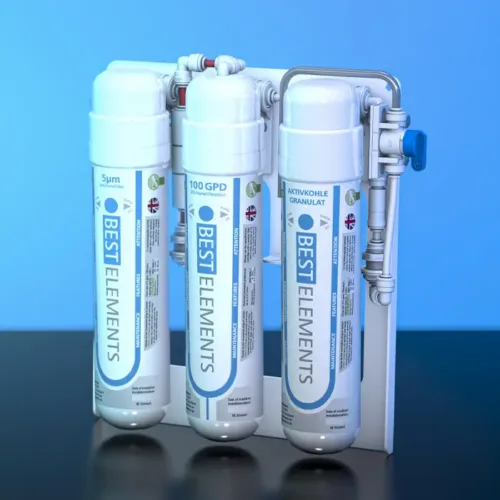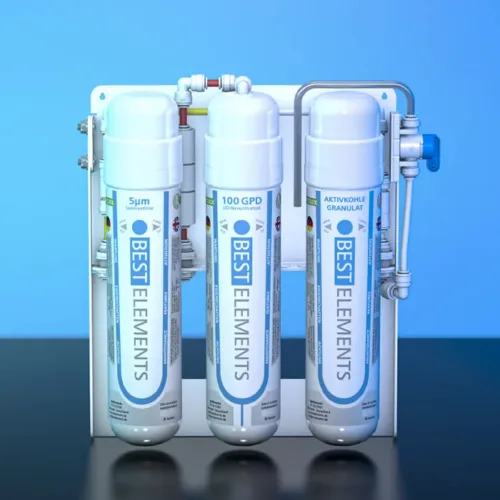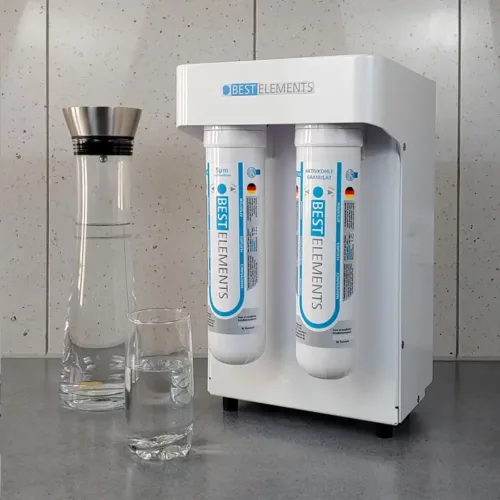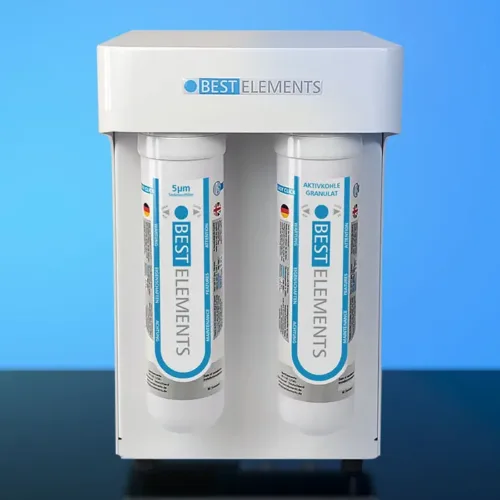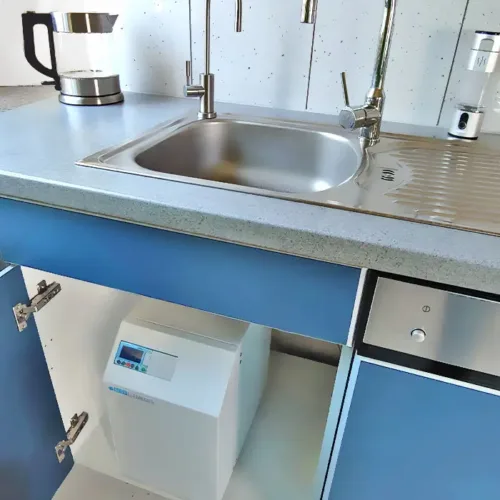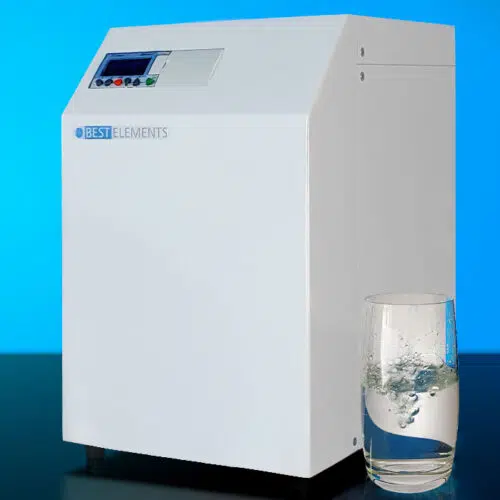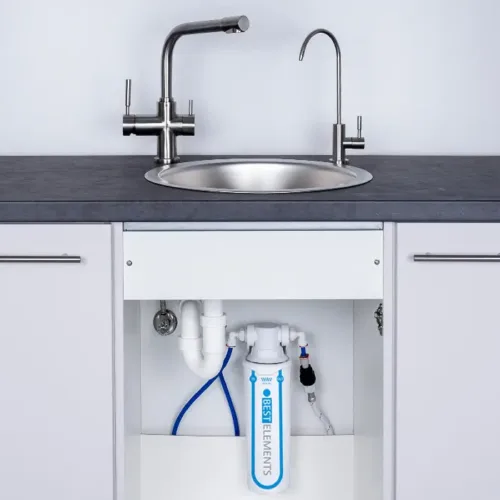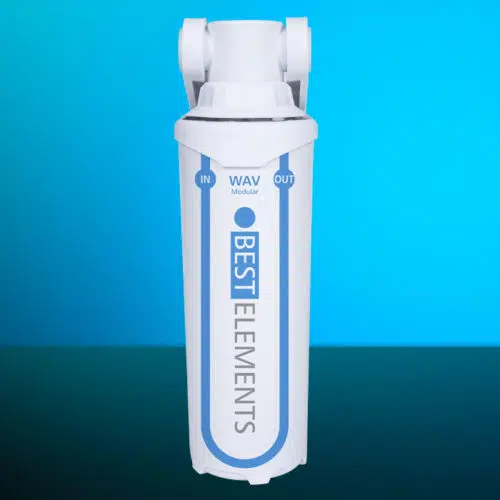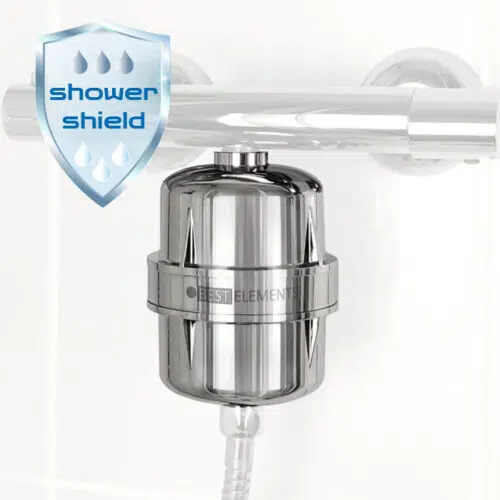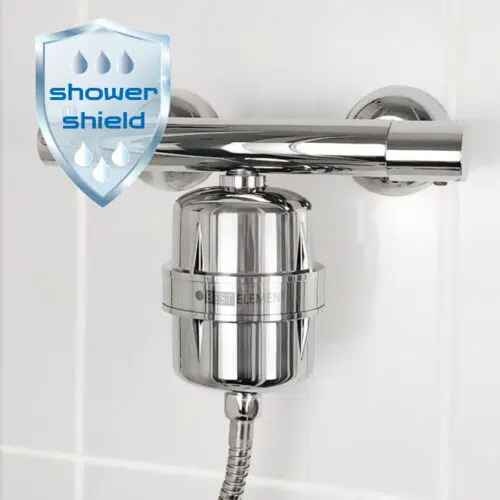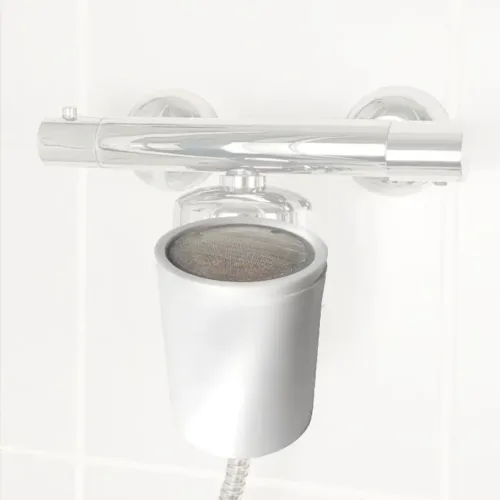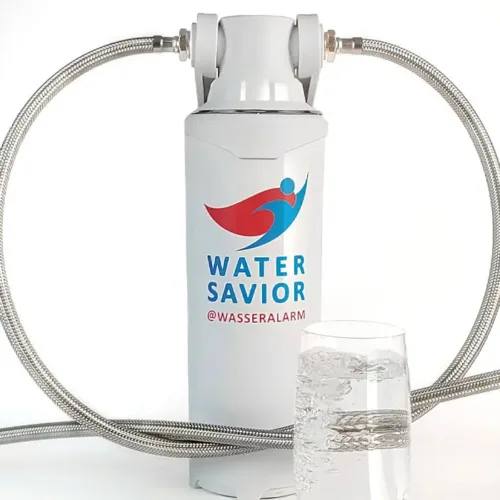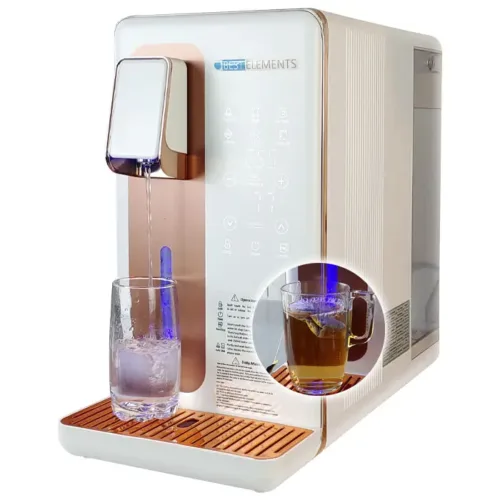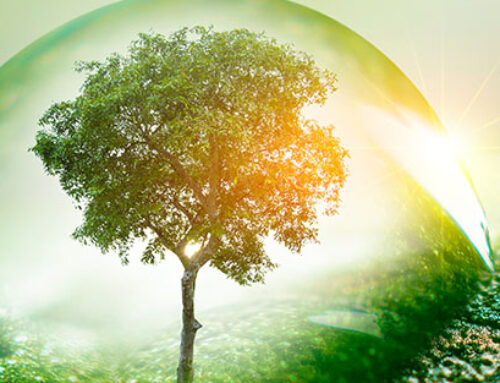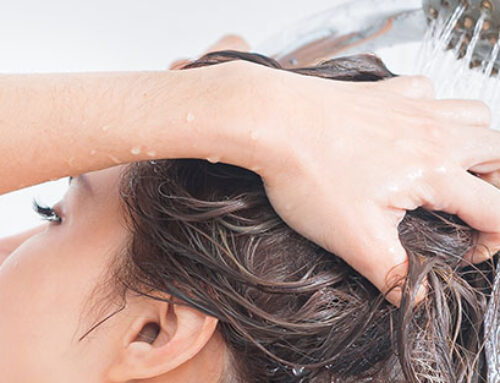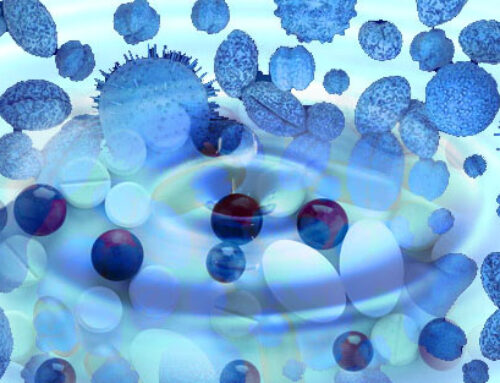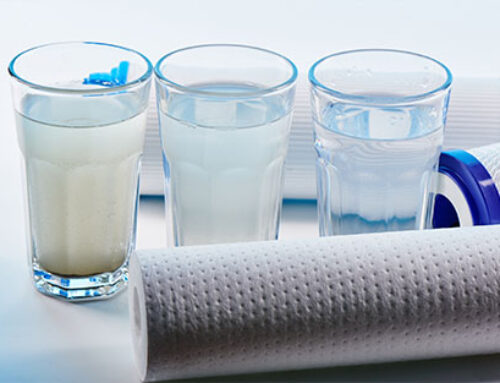Patients in many cases suffer from fluid retention, cellulite, arthritis, gout, rheumatism, gall or kidney stones, obesity, diabetes, high blood pressure, stomach ulcers, indigestion, migraines, chronic fatigue syndrome or unexplained pain. Or do you even want to be treated for multiple sclerosis, Alzheimer’s or cancer? These very different diseases can have a common cause:
The patient drinks too little water!
The amount of water drunk has a massive impact on well-being, performance and the ability to regenerate. If there is not a regular “replenishment” from outside, the organism takes the water out of the cells in order to maintain its functions as well as possible. If the lack of water (dehydration) persists over a long period of time, illnesses develop and existing illnesses worsen.
Why do people drink too little water?
Often the feeling of thirst is not pronounced enough. Thirst is often supposedly quenched with sugary drinks and in some cases thirst is also perceived as hunger and quenched with food. Another misconception is that beer contains so much water that drinking water is not necessary. When it comes to coffee, the connection and need for additional drinking water is already known.
As soon as the saturation balance of liquids in the body has to be regulated, water from the cells is used for this. In addition to alcoholic and caffeinated drinks, this also applies to liquids that are too salty or too sweet. The process of osmosis in our cells enables this exchange and natural saturation compensation. The water withdrawn from the cells must be replenished in order to ensure the efficiency and full function of the cells.
Toxic substances in the water
Substances that are often dissolved in water but do not belong there are often perceived as toxic by the organism and react accordingly. In addition to bacteria (which is why boiling bids are often issued in Germany’s regions) and viruses, drug residues, hormone-like substances and incorrectly disposed of or non-metabolized active ingredients can be detected in the water. Furthermore, heavy metals such as arsenic, lead and mercury and chemical compounds such as nitrate, PAH, pesticides, active ingredients in biocidal products or radioactive substances represent a major burden for our body.
Which water is good for our body?
Recommendations for healthy adults are to consume two to three liters of fluids per day. Food contains water, with a healthy diet you can assume an average of 1 liter of water in food. The guideline value for fluid intake is 35 milliliters per kilogram of body weight, and it is more for babies and children. Of course, these values vary according to ambient temperature and physical activity.
The drinking water that we drink should be as pure as possible and free from impurities that can burden our body. Since this purity is not always given despite the Drinking Water Ordinance, it makes sense to filter the drinking water. 40-50 substances are tested in the Drinking Water Ordinance, but experts speak of up to 2000 substances contained – a large part of possible toxic substances is therefore not recorded at all.
Reverse osmosis for thorough and efficient filtration
Thorough and efficient filtration is reverse osmosis – a derivative of the natural osmosis process in our body. Impurities are removed like a sieve and only the purest drinking water gets through the filter membranes. The substances are also completely flushed out of the filter device and do not remain in the filter where new water flows through again and again, as with other filter technologies.
Important in filter devices are the materials used, the performance and reliability. In tests of filter devices, the BE WA7 from BestElements came out on top. This compact filter device is designed for use in kitchens in households and offices. The BE WA3 water filter is suitable for standard applications and the BE WA1 for mobile applications. All three devices are manufactured in Germany and are subject to the strictest purity controls.
Water filter for pure drinking water overview
These water filters remove bacteria, viruses, germs, limescale, PFAS, pollutants, hormones, drug residues and much more
Drinking water filter devices against contamination
WA1 Mobile
- Ultrapure water 0.25 l/min
- Ultrapure water / wastewater ratio 1:<2
- Mobile and permanent installation
- No power connection
- Modularly expandable
- Installation lying flat or on wall
- Simple pre / post filter change
- Reverse osmosis Made in Germany
- 318 x 264 x 90 mm (HxWxD)
- 2 kg
WA1CB Caravan Boat
- Ultrapure water 1.1 l/min
- Ultrapure water / wastewater ratio 1:<2
- Assembly on board
- Power connection 12 / 24V
- RVs and Boats
- Storage tank or rainwater tank
- Simple pre / post filter change
- Reverse osmosis Made in Germany
- 430 x 318 x 95 mm (HxWxD)
- 2.5 kg
WA3 Home
- Ultrapure water 1-1.3 l/min
- Ultrapure water / wastewater ratio 1:1
- Fixed installation under and table top
- Power connection 110/220V
- Automatic water flow control
- Stainless steel drinking water tap
- Simple pre / post filter change
- Reverse osmosis Made in Germany
- 380 x 250 x 220 mm (HxWxD)
- 6 kg
WA7 Home Office
- Ultrapure water up tu 2.3 l/min
- Ultrapure water / wastewater ratio 1:0,8
- Fixed installation under table
- Power connection 110/220V
- Electronic control display
- Multiple diaphragms, stainless steel drinking water tap
- Simple pre / post filter change
- Reverse osmosis Made in Germany
- 397 x 248 x 374 mm (HxWxD)
- 15 kg
WAV Bacteria Lime
- Against bacteria / virus
- Lime / corrosion
- Fixed installation under sink
- No power connection
- Regular change of inserts
- Modules combinable
- Easy installation
- 120 x 340 x 135 mm (WxHxD)
- 1,3 kg

